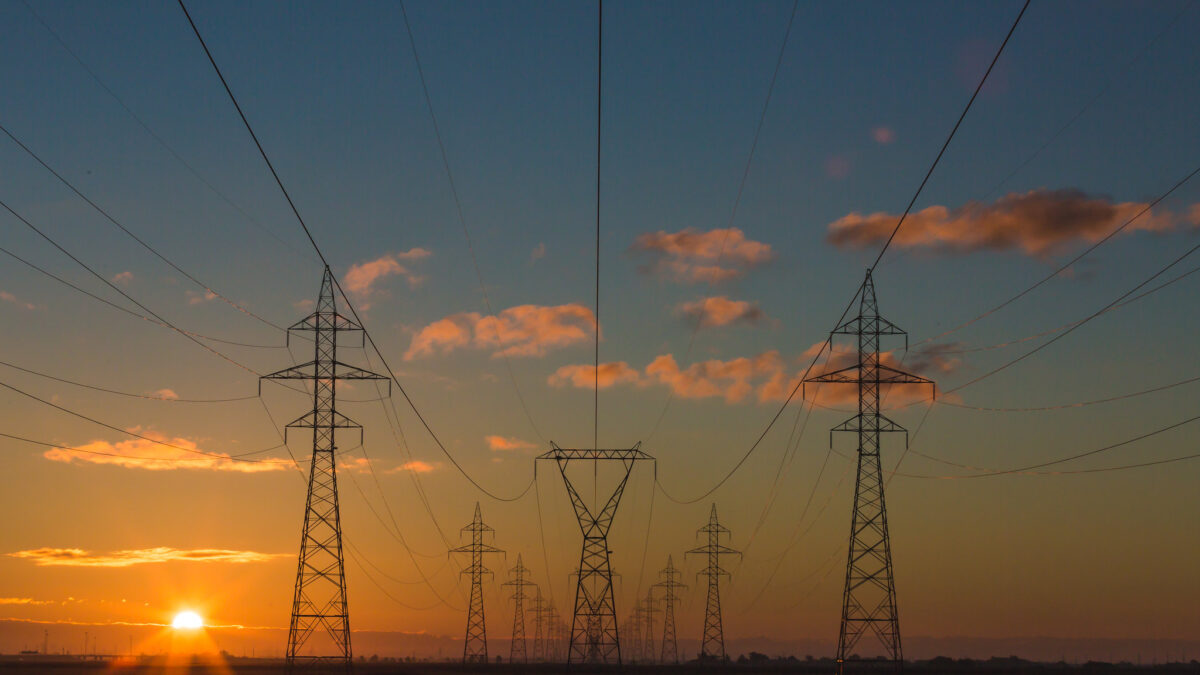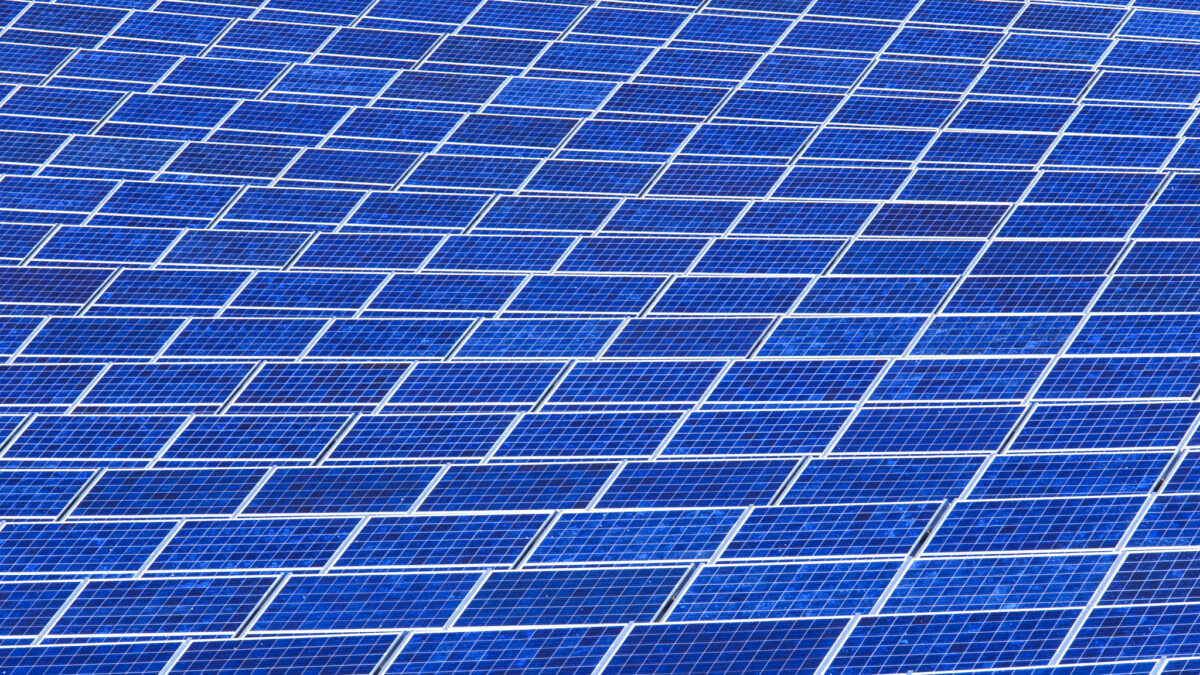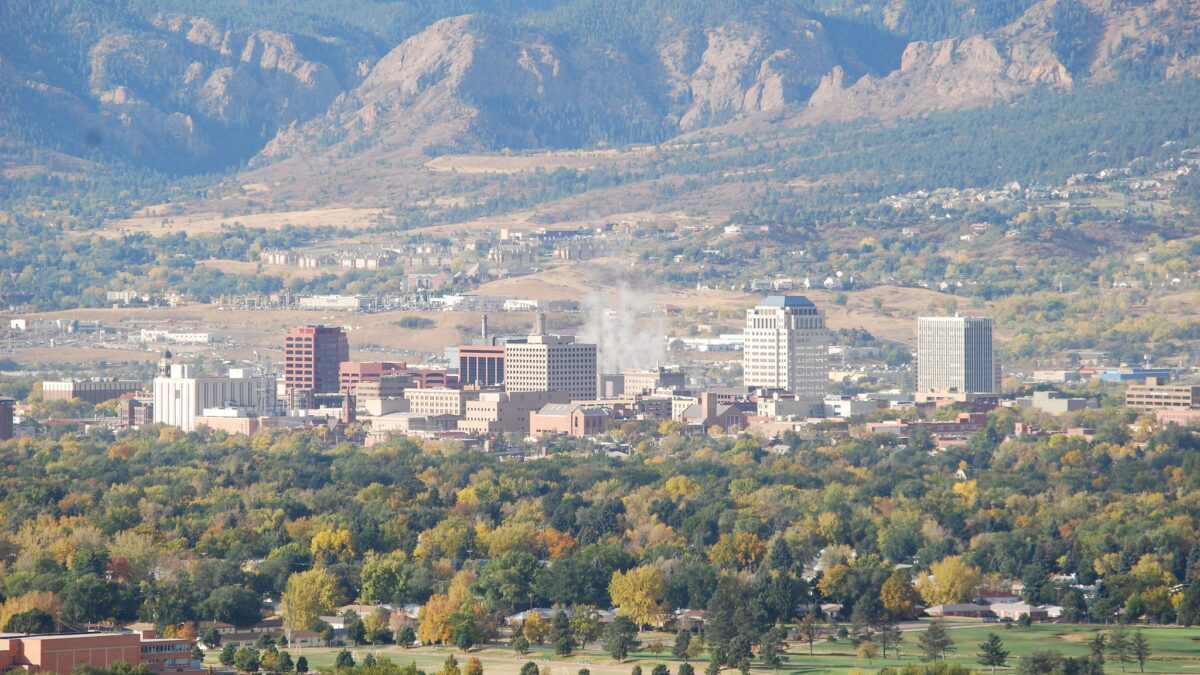When you woke up this morning, were you groggier than usual? When the alarm sounded, were you a bear awakened in the middle of January? When you left home for work, did you grumble about the extension of darkness where just yesterday the glow of a preborn sun had been? If you answered “Yes,” congratulations! Your body was screaming that you had once again been scammed by daylight savings time (DST).
DST is a fraud guarded by a trenchwork of lies. That pious story of Benjamin Franklin originating the idea as a means of getting lazy Frenchmen up earlier? The letter he wrote in 1784 to the Journal of Paris was a joke, the equivalent of Groucho Marx suggesting the seven-cent nickel. Just read the part where Franklin says:
Your readers, who with me have never seen any signs of sunshine before noon, and seldom regard the astronomical part of the almanac, will be as much astonished as I was, when they hear of his rising so early; and especially when I assure them, that he gives light as soon as he rises. I am convinced of this. I am certain of my fact. One cannot be more certain of any fact.
If anyone still needs convincing, Franklin suggested in the same letter that France outlaw window shutters so that people wouldn’t be able to sleep in. Unless Dr. Franklin was the 18th-century prototype of the Alexandria Ocasio-Cortez modal of politico, Occam’s razor demands we treat his letter as he intended.
Instead of an American, DST was actually suggested in 1895 by New Zealand entomologist George Vernon Hudson, who wanted to push the clocks two hours ahead to give himself more time to pin bugs to cards. And it was Germany in 1916 that enacted the first clock change as a means of wartime energy conservation, with the United States following in 1918. So persistent is the idea that clock fiddling magically leads to huge savings in energy that it was used to justify year-round DST in 1974 and its last extension to its current boundaries in 2005.
President Nixon hoped to avert a looming energy crisis; in 2015, Sen. Edward Markey, D-Mass., the man largely responsible for getting DST extended when he was a mere congressman, boasted that the extension had resulted in $500,000,000 in electricity and 2.9 million barrels of oil saved. Leaving aside that half a billion dollars doesn’t do jack against our $34 trillion national debt and that the United States consumes 20 million barrels of oil a day, the only thing wrong with these claims is that they aren’t true.
An interim report on the results of year-long DST published by the Department of Transportation in June of 1974 found that, nationally, electricity demands only decreased by 0.87 percent. And no matter how much time passes, the facts remain stubborn. A Department of Energy study from 2008 reported that electricity demands only decreased 0.03 percent for the entire year of 2007, the first year the extension of DST was enacted. In 2011, economists Laura Grant and Matthew Kotchen found in their study of electricity use in Indiana that DST — again — increased electricity demands anywhere from 1 to 4 percent.
Farmers Don’t Want It
And forget about DST being enacted to help the American farmer and poor, rural communities. They and rural Americans have been the loudest critics of DST since its first implementation in 1918. It doesn’t matter what a clock, the Kaiser, or the Congress says when you get up with the sun and work until dark. It’s the Chamber of Commerce that always wanted DST, not the American farmer. This persistent, rural opposition reveals the damn lie at the heart of DST: It doesn’t do anything. Americans don’t get more daylight. Plants don’t enjoy an extra hour of sunshine. As the Transportation Department’s 1974 study admitted, “DST does not affect the actual number of hours of darkness during a 24-hour period.” And if the hours of darkness are not affected, neither are their counterparts.
Even the March date when we “leap forward” gives the lie away: If DST really did somehow magically increase the amount of sunlight, the clocks would be changed after the summer solstice when the days start becoming shorter again. The truth is that we already have “daylight saving time.” It’s called winter and spring, when we in the Northern Hemisphere receive more sunlight as our half of the globe tilts closer toward the sun. Our cousins in the Southern Hemisphere get their six months after us. We can push our clocks ahead an hour or 26 hours, it makes no difference to the amount of daylight we actually receive.
Bad for Your Health
The only difference it makes is one of health, and it’s a change to the red. Study after experiment after report has testified that DST is disastrous to personal health. In 2020, the American Academy of Sleep Medicine published a report testifying that DST “incurs significant public health and safety risks, including increased risk of adverse cardiovascular events, mood disorders, and motor vehicle crashes.” The reason for this is that it violently disrupts our circadian rhythms.
Because so many more of us live in urban settings with artificial light rather than rural settings, we often forget that we are biologically connected to the sun, the suprachiasmatic nuclei in our brains attached to the 24-hour solar day through our eyes via light. Waking up with the sun is what “resets” our biological clocks, aligns them with the solar system, and is what helps us feel refreshed and rejuvenated. Disrupting that and losing an hour of sleep when we “leap forward,” not only leads to more car accidents and heartaches and less productivity at work but also increases depression, anxiety, and seasonal affective disorder. Currently, two-thirds of Americans are overweight; 29 percent of American adults have been diagnosed with clinical depression; life expectancy is declining; and drug overdoses and alcohol abuse are increasing. At a time when more Americans are unhealthy, adding to the problem isn’t just counterproductive; it almost seems like our dear leaders are trying to keep us sick and miserable.
The obvious solution is to stop playing yoyo with our clocks. Unfortunately, geniuses like Sen. Marco Rubio, R-Fla., say we just need to make DST permanent, proving that there is nothing more stupid and nothing that lies like a politician. Nixon’s experiment with year-round DST in January 1974 became so unpopular — despite initial support — that Congress and President Gerald Ford rescinded it nine months later. Increased darkness in the heart of winter was bad enough. When six schoolchildren in Florida were killed in traffic accidents because of the extended blackness, people were ready to reverse. “It’s time to recognize that we may well have made a mistake,” Sen. Dick Clark, D-Iowa, said, automatically making him statesman of the year.
The only real solution is to eradicate DST like the STD it is. Most Americans do not want to change their clocks. And with the increase in interest in healthy living, retro-culture, and more people actually taking steps to put those interests and desires into action, making our clocks align with the sun and our biological clocks would fit like a gold ball in the 18th hole.
Not only that, but it would give Americans practice in self-determination. It bears repeating that “Red Caesar” will not save us. Our only hope is our own actions “with a firm reliance on the protection of Divine Providence.” Imagine if even just a quarter of Americans who want natural time reestablished refused to make their clocks lie. If they went about acting like noon was noon, regardless of what others said. Demanding equal service and consideration even if their clocks “identify” with the sun and not moving until it was given. Holding politicians accountable for their lies. For something as insignificant as a one-hour time change? Hell, yes. Dr. Franklin would be proud.









